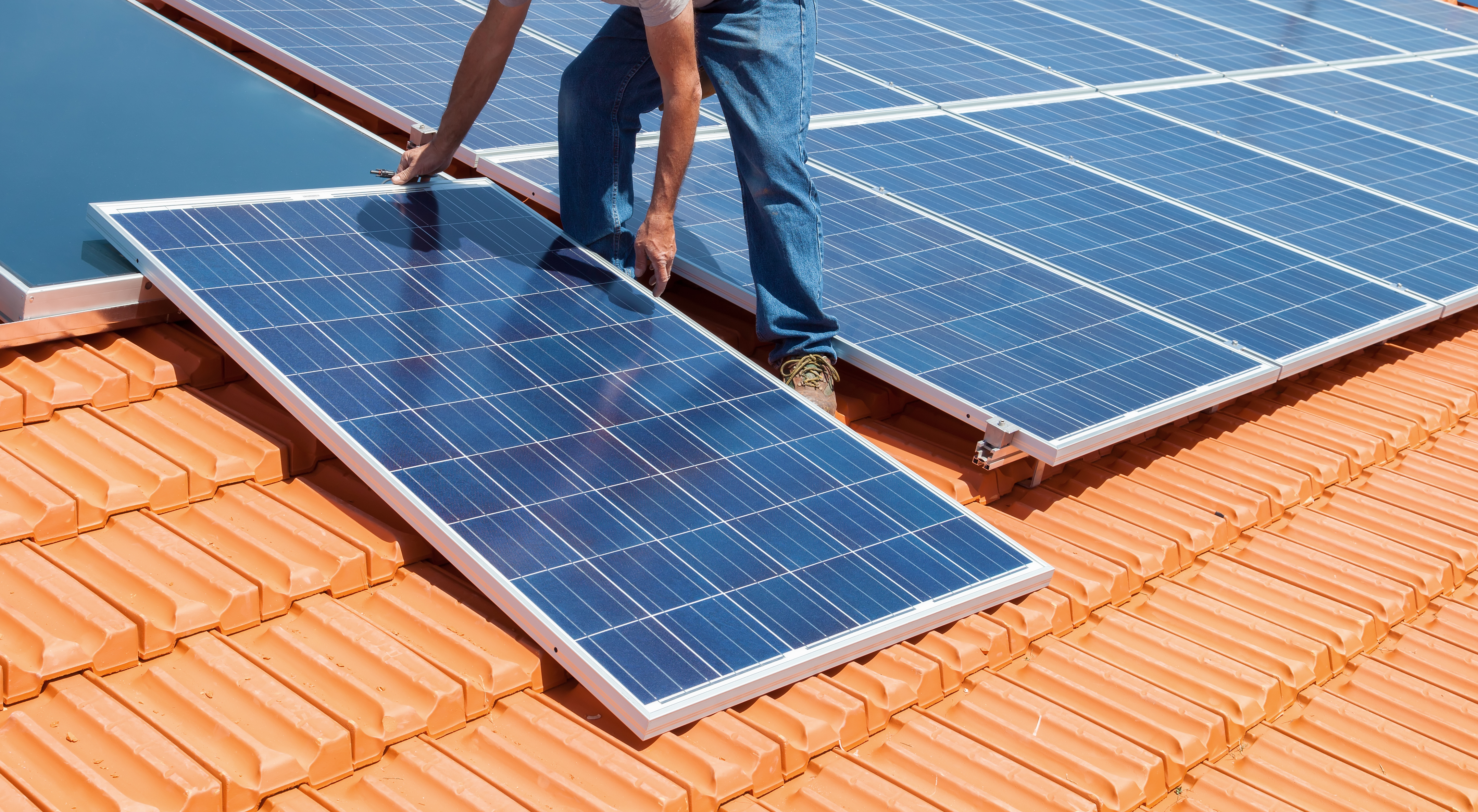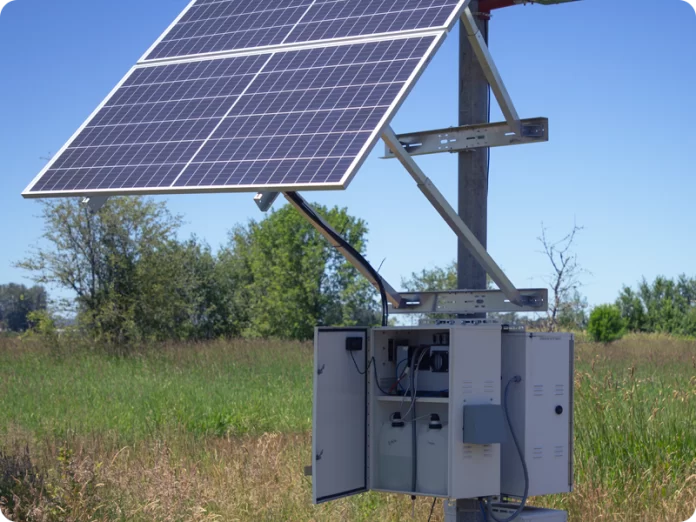As the world becomes increasingly conscious of the environmental impact of energy consumption and the cost of traditional energy continues to rise, solar power has emerged as a viable solution for households looking to maximize their savings. Installing a solar power system in your home offers a clean, renewable and cost-effective source of energy that can help you cut down on your energy bills and reduce your carbon footprint. However, sizing a solar power system for your home can be a challenging task. There are numerous factors that must be considered such as your energy consumption habits, budget, and the local climate conditions. Getting it right will ensure that you have the perfect size system to meet your energy demands while also maximizing your returns on investment. This is where this article comes in! In this post, we’ll be sharing tips to help you size a solar power system for your home efficiently. Our aim is to simplify the process and provide you with the knowledge you need to make informed decisions when it comes to sizing a solar power system for your home. To learn about the key considerations for sizing a solar power system for your home, you can visit a Website like constructionreviewonline.com, which offers a helpful guide on the topic.

Contents
Calculate your energy needs
In order to size a solar power system for your home, it is important to accurately calculate your energy needs. This will not only ensure that your system is appropriately sized, but will also maximize your savings over time. To do this, you will need to determine how much electricity your home uses on an average day. This can be done by examining your electric bills over the past year and calculating the average daily usage. Once you have this number, you can begin to factor in other variables such as the size of your household, the number of appliances you use, and your energy usage habits to arrive at a more accurate estimate of your energy needs. Taking the time to calculate your energy needs upfront will not only help you make informed decisions about your solar power system, but also ensure that you save money and reduce your carbon footprint over the long term.
Analyze your roof space for optimal placement
Analyzing your roof space is a crucial step in sizing a solar power system for your home. The efficiency and effectiveness of your solar panels depend on optimal placement, which means that the orientation and angle of your roof need to be taken into consideration. Orientation is the direction your roof faces, while angle refers to the pitch of your roof. South-facing roofs with a pitch between 15 and 40 degrees tend to be the most suitable for solar panels, as they receive the most direct sunlight throughout the day. However, if your roof faces east or west, a higher pitch may be necessary to maximize your exposure to the sun’s rays. Conducting a thorough analysis of your roof space will enable you to make informed decisions about the placement of your solar panels and ultimately maximize your savings in the long run.
Investigate local incentives
If you are considering installing a solar power system for your home, it is important to investigate local incentives that may be available to you. Many states, counties and cities offer incentives such as tax credits, rebates and grants to encourage homeowners to adopt solar energy. These incentives can significantly reduce the cost of installing a solar power system, making it an even more attractive investment for homeowners. However, it is important to note that these incentives vary by location and are subject to change over time. Therefore, it is recommended that you do your research and consult with a professional to determine which incentives may be available to you and how to take advantage of them. By taking the time to investigate local incentives, you can maximize your savings and enhance the financial benefits of switching to solar power for your home.
Consider your budget
When sizing a solar power system for your home, it’s crucial to consider your budget. Installing a solar energy system is a significant investment, but it pays off in the long run by saving you money on your electricity bills. To maximize your savings, you need to find a system that meets your energy needs and fits within your budget. Remember that a larger system may generate more power, but it also costs more to install. On the other hand, a smaller system may be more affordable upfront, but it may not generate enough power to meet your needs. It’s important to strike a balance between your energy requirements and your budget to ensure that you get the best return on investment. You may also want to consider financing options or incentives that can make solar energy more affordable, such as solar tax credits and rebates. By carefully considering your budget and exploring different financing and incentive options, you can find a solar power system that’s both cost-effective and energy-efficient.
Research the best system for your home’s needs
After you have a good understanding of your energy use and the incentives available in your area, it’s time to research the best solar power system that will fit your home’s needs. When it comes to sizing and choosing a solar power system, several factors must be taken into consideration, such as roof space, orientation, shading, and power output. A professional solar installer can evaluate all these factors and recommend the right system size and type for your energy needs and budget. Don’t hesitate to consult multiple providers and compare their proposals to ensure you are getting the best deal possible. Remember, the ultimate goal is to maximize your savings, so make sure to choose a system that will provide the most significant return on your solar investment.
Conclusion
Sizing a solar power system for your home is a great way to maximize your savings and help the environment. By taking into consideration your energy consumption, geographical location, and budget, you can determine the size and type of solar power system that will work best for your home. Whether you choose a grid-tied system or an off-grid system, or a combination of both, investing in solar energy can provide you with a reliable and sustainable source of electricity while lowering your utility costs.




[…] offset their monthly electricity bills, resulting in substantial long-term savings. Furthermore, solar power systems typically have a long lifespan and require little maintenance, meaning they can be a cost-effective […]